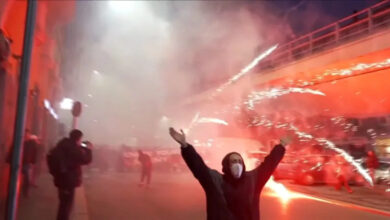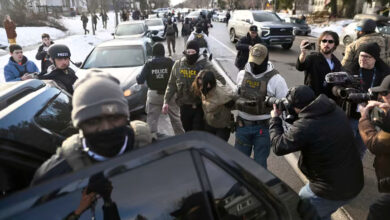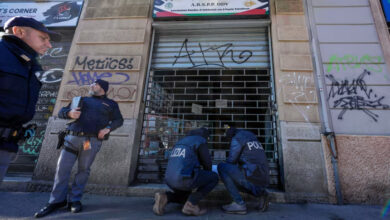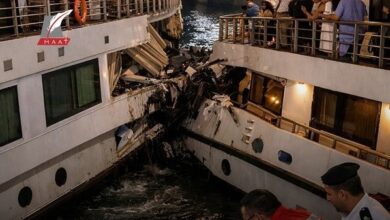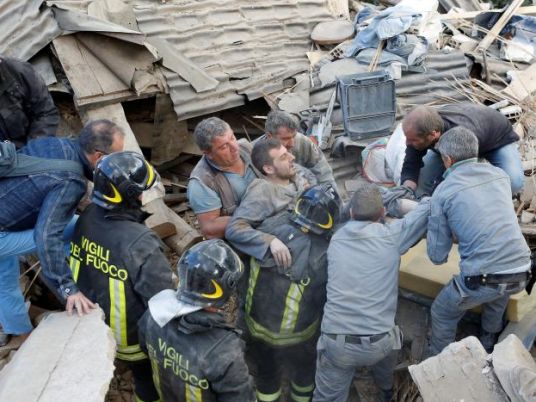
The number of people killed in an earthquake that flattened parts of central Italy rose to 267 on Friday as rescue workers pulled more bodies from mounds of debris and families prepared to hold the first funerals.
The civil protection department in Rome said nearly 400 people were being treated for injuries in hospitals and local media reports said about 40 of them were in critical condition.
The earth continued to tremble, with survivors sleeping for the second night in tents set up by emergency services.
"It was quite a tough night because you have a significant change in temperature here. During the day, it is very, very hot and at night it is very, very cold," said Anna Maria Ciuccarelli of Arquata del Tronto.
"You can feel the humidity in your bones despite the blankets that the civil protection department has given us. There are still aftershocks preceded by booms and, for those of us who have just lived through an earthquake, it has a great effect, particularly psychologically," she said.
Some 928 aftershocks have hit the area around Amatrice and the nearby towns of Pescara del Tronto, Arquata del Tronto and Accumoli in the wake of Wednesday's 6.2 magnitude quake. Nearly 60 of them struck since midnight.
Families prepared to bury their dead, with the first funerals set for Friday morning, including that of two children and their grandparents who died in Pescara del Tronto.
The search for survivors continued during the night in Amatrice as emergency workers with sniffer dogs clambered over piles of debris trying to find anyone still trapped under the rubble. In other towns the rescue operation wound down.
Prime Minister Matteo Renzi promised to rebuild the shattered houses and said he would renew efforts to bolster Italy's flimsy defenses against earthquakes that regularly batter the country.
"We want those communities to have the chance of a future and not just memories," he told reporters in Rome on Thursday.
Italy has a poor record of rebuilding after quakes. About 8,300 people who were forced to leave their houses after a deadly earthquake in L'Aquila in 2009 are still living in temporary accommodation.
Renzi declined to predict when the homeless might be rehoused, but said it was his government's top priority. "This is not about setting challenges and making promises. We need the pace of a marathon runner," he said.
Most of the buildings in the area were built hundreds of years ago, long before any anti-seismic building norms were introduced, helping to explain the widespread destruction.
Cultural Minister Dario Franceschini said all 293 culturally important sites, many of them churches, had either collapsed or been seriously damaged.
Italy sits on two fault lines, making it one of the most seismically active countries in Europe. Almost 30 people died in earthquakes in northern Italy in 2012 while more than 300 died in a quake in the L'Aquila disaster.

